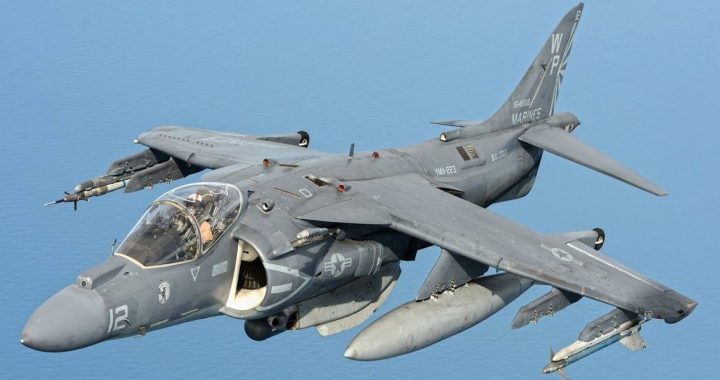Interesting facts about the McDonnell Douglas AV-8B Harrier II; The Light Attack Aircraft
The McDonnell Douglas AV-8B Harrier II which is now under the name of Boeing is the single-engine powered light ground attack jet fighter serving the US Marine Corps. The AV-8B Harrier II is a part of the Harrier Jump Jet’s 2nd generation family of aircraft which is able to perform V/STOL (Vertical/Short Takeoff and Landing). … Continue reading Interesting facts about the McDonnell Douglas AV-8B Harrier II; The Light Attack Aircraft
0 Comments
